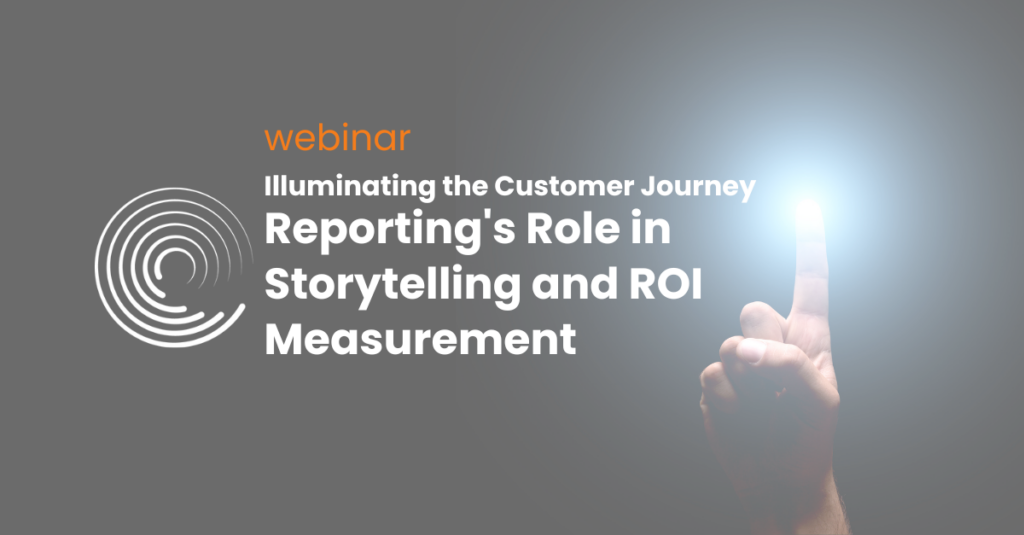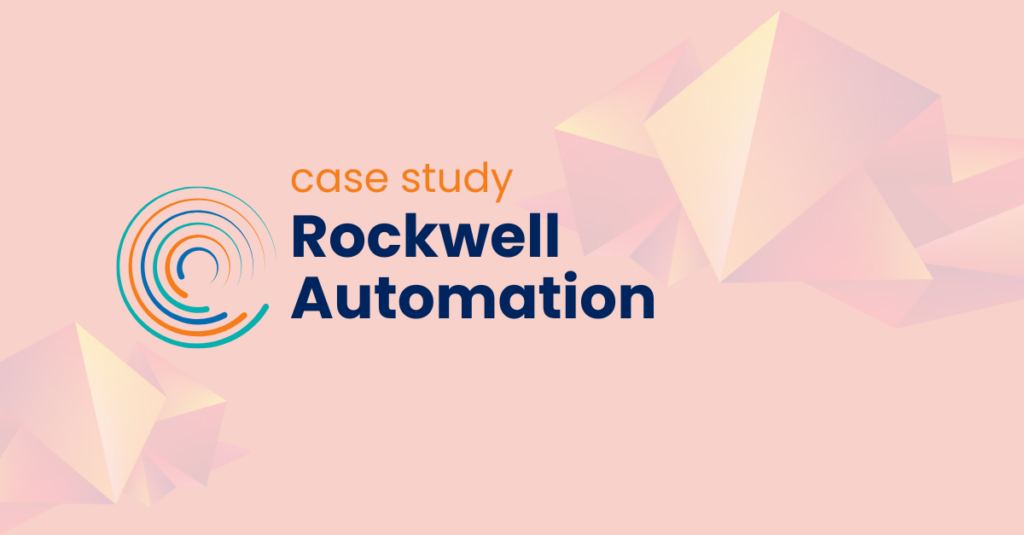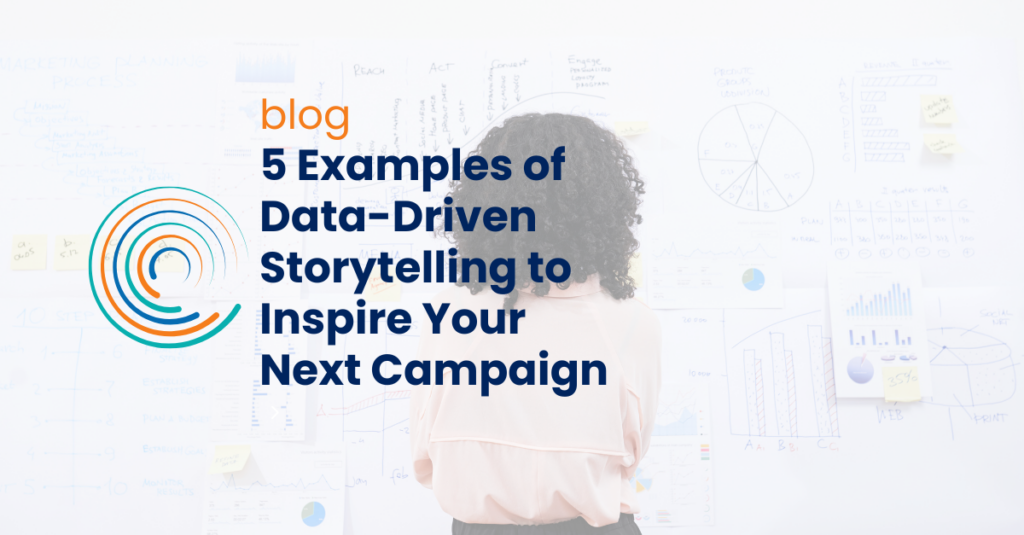Every year, Americans watch and gamble on 18 to 22-year-old college students who are paid nothing to play the most exciting basketball games in history. About 24 million Americans spend work hours on their March Madness brackets, costing companies about $2.1 billion.
At Full Circle Insights, we started thinking: What if there was an extremely nerdy equally exciting tournament that enthralled 0.01 percent of Americans and, instead, helped companies make billions of dollars?
Welcome to Martech Madness 2018: The Insights Economy Edition.
For your benefit, we used a highly sophisticated HI (human intelligence) algorithm to sort out the first three rounds. Why comment on 64 martech trends when the average human attention span is now sub-goldfish? C’mon, we all knew that LinkedIn ‘broetry’ wasn’t going to make the Sweet Sixteen.
Hence, we start this tournament at the Elite 8, that point where fair-weather fans suddenly tell their friends they were rooting for the underdog all along.
Prepare yourself for the suspense, emotion, and glory of Martech showdowns.
Attribution – No. 1 Seed
When you watch basketball, you can see how a team scored points. Dribble, dribble, pass, he’s open, pass, shoot (…physics…), score. In marketing, often we’re not sure how or why someone scored. Do we credit the marketing campaign? Or the rookie salesperson who’s dangerous from the three-point line?
Although we can trace digital actions with ease, we struggle to get in the minds of the players on the court. Why did they click through this email and not the first two we sent? Attribution is favored to win Martech Madness 2018 because insights without a perspective on cause and effect are not that insightful. When B2B marketers know what works, they’re hard to stop.
Retro – No. 2 Seed
Now here’s a B2B marketing trend indifferent to attribution. Retro is in. Print advertisements, marketing collateral, direct mail and live events have made a comeback because they avoid inbox bottlenecks and digital noise. Never mind the difficulties of correlating billboards and buyers.
To Retro’s credit, consider that most of what you read in a digital format is quickly forgotten. Try to remember all the blog posts and videos you watch last week and tell me what valuable ideas you took away. No chance. In contrast, you could pick up that printed e-book on your desk and remember what it was about.
With retro comes stylistic changes. Note the companies that are returning to Jungian archetypes, spirit animals (no joke), tribe-inspired team sizes, etc. Perhaps marketing is having its paleo moment. Its players look strong but, without carbs, they won’t have much gas left in the second half.
Account-Based Marketing – No. 3 Seed
Scale and personalization clash. Marketing to the “healthcare industry” has scale but washes over different business challenges and personas. Marketing to Bob J. Smith at ACME Health is personal but lacking in scale. The gap between the healthcare industry and Bob J. Smith is where Marketing and Sales get testy. Marketing is thinking, “Why should we pass the ball to Sales if they won’t try to score on Bob?”
Account-based marketing (ABM) champions one strategy, one account, one set of data. Only at that level can we understood how much or how little we know about prospects. And at that level, marketers strategically can fill in the blanks salespeople want. ABM accepts that ‘big data’ is often too small and distanced from the companies and people sales teams targets. ABM is a contender in Martech Madness because it has perspective: A lot of focused, ‘little data’ plays better than big, unfocused data.
B2B on Social – No. 4 Seed
The online business media is funneling B2B ‘thought leaders’ into paid contributor programs that, unavoidably, make people keen to avoid the content. Readers get that native advertising is usually low-quality PDAO: Promotion dressed as opinion.
So, thought leaders increasingly turn to LinkedIn and Medium. There, they can write without subjecting readers to listicles, bad advice, and other editorial policies that drive ad-based revenue models but leave Credibility cold and abandoned on a roadside with her thumb in the air.
Some thought leaders have real thoughts and would like to back them with research, stories, and more than 700 words. Social media might oust traditional media as the place for quality, long-form B2B content. Directed at who or what industry? Let the ABM gurus sort that part out.
AI Analytics – No. 5 Seed
For years, AI enthusiasts have gushed about algorithms that find patterns and correlations that human beings would take months to see or never find at all. AI is starting to create answers in many areas. What’s next? And what about marketing?
The quality of the AI insights depends on the quality of data we provide and maintain. We risk depreciating our own judgment if we put AI on a pedestal. Having AI and bad data is like having a 7’8” center who looks unbeatable but trains sloppily and eats poorly. Trust AI to interpret unstructured data into structured data, but trust more in the people and processes that feed it good information. Don’t expect it to replace smart marketers any time soon.
Marketing Skills – No. 6 Seed
Human beings and their skills could be the UMBC of the Elite 8. The tech media seems to undervalue human talent. After all, the new AI [fill in the blank] is sexier and more reportable than stories on why you better study data analytics, SQL, and coding to be a great marketer today.
A marketer proficient in structured thinking, scientific methodology, and experimental design is worth more than any algorithm you can rent. Think about it this way: An algorithm could calculate the physical inputs required to put a ball in the basket anywhere on the court. But only the human being can achieve the technique, positioning, and strategy required to set up that shot in gameplay.
So too with marketing campaigns – the AI won’t put together copy, graphics, and campaign strategies worth anything. The marketer who blends math, science, and art will.
GDPR – No. 7 Seed
Enforcement of the European Union’s General Data Protection Regulation (GDPR) begins on May 25, 2018. In March Madness, one referee’s call can determine the outcome of the game. GDPR is that referee who may as well be a team. GDPR makes an unprecedented legal judgment that people are the ultimate masters of their data, not the companies that collect, process, and use it.
For B2B companies, being what the EU deems a “processor” is murky. Processors are responsible for ensuring that their customers, the “controllers” (organizations that control people’s data), can meet GDPR requests. For example, a company that sells marketing personalization technology for online retailers is a processor, and the retailers are controllers. The processor must create a way for retailers to honor consumers’ requests to have their data erased, changed, or excluded from the personalization algorithm. That’s why GDPR is in the Elite 8 and personalization isn’t this year.
Engagement Automation – No. 8 Seed
Engagement automation is the answer to a paradox: How can our company be more personable without a person involved? Nurturing email campaigns, preprogrammed social posts, and now AI chatbots are among the answers to that question.
Automation is the 6th man on the court. Its introduction into marketing and sales relationships is interesting because it changes how we define connection. If a salesperson sends 50 personally addressed follow-up emails today without clicking ‘send,’ are they less ‘personal’ than tailor-made emails? Might the volume or frequency of contact be more important than the customization of the content?
Engagement automation is an experiment on what nurtures or hurts a relationship. It’s a wildcard for B2B companies that often engage in long, delicate courtships (basketball pun intended).
—
Predictions from the Full Circle Insights Team: Here’s how we see the Martech Madness bracket shaking out. GDPR is already creating some upsets, but won’t be the top winning theme while the industry waits and sees while also prioritizing other (more certain) matters. ABM is streaking-hot, but we predict the trophy ultimately goes to Attribution as it will always be a fundamental discipline for optimizing your marketing for revenue growth, regardless of what new strategies and tactics come about.




